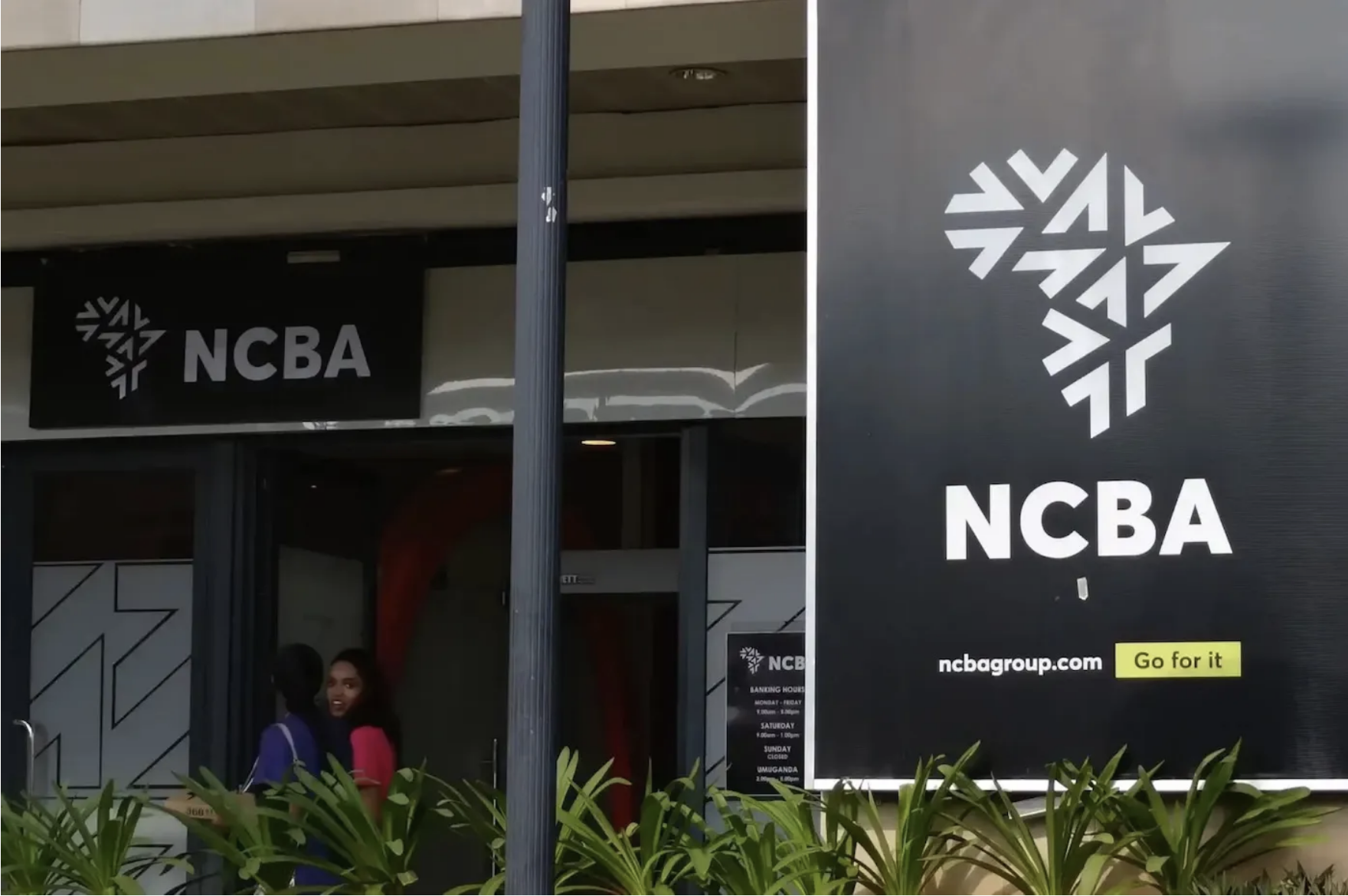Qwetu Student Residences has completed a series of safety drills across its six properties that house over 3,800 college and university students in Nairobi.
The drills were staged over the past two weeks (January 17, 2022 – January 26, 2022) as part of Qwetu management’s commitment to ensure that all properties meet the highest safety standards and improve overall preparedness in response to emergencies.
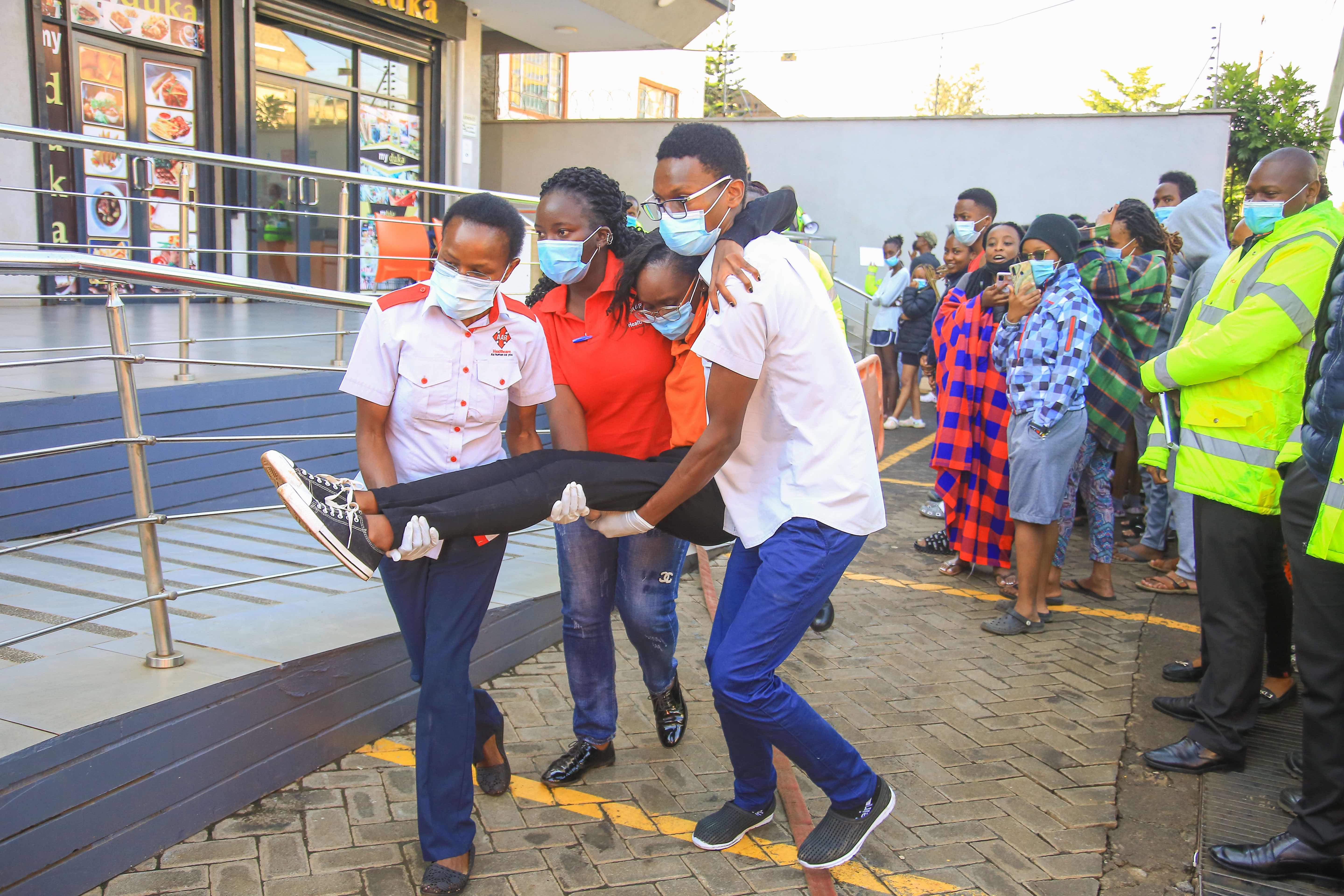
During the drills, there were various simulation exercises – including fire and first aid safety simulations – which were conducted by Qwetu and supported by the National Disaster Management Unit (NDMU), AAR, Nairobi Fire Brigade, and the National Police Service.
Read More
Speaking after the exercise, Cyrus Maina, Chief Administration Officer at NDMU, lauded Qwetu for taking the initiative to enhance the safety and emergency preparedness of its hostels, adding that the entire exercise was a success.
"I would like to commend Qwetu for their overall preparedness. It shows that they are always thinking about the safety and security of their clients. When we do these drills, we promote awareness: to the occupants, the members of the public, and even the responders," Maina said.
Maina another benefit of the exercise is to ensure all systems installed are working properly. He also confirmed that no injuries were reported during the process.
“Another benefit is to check whether the systems and mechanisms, both internal and external, put in place are working. During the drills conducted at Qwetu, we got all occupants out within a specific amount of time. There were no injuries or other security-related issues,” he said.
Part of the safety precautions Qwetu has in place at its student residences include fire suppression systems and fire and smoke detection systems.
The properties also offer regular training on the use of fire extinguishers and first aid – in addition to having trained fire marshals on site.
The owners of Qwetu; Steve Wood, Health, Safety, Security, Environmental and Quality Director at Acorn Holdings Limited said their primary reasons for the drills is to test their internal systems and ensure their tenants, parents/guardians are braced with what to do in should an alarming situation arise. He emphasised the most important group for them as far as health and safety is concerned are the students.
“We conduct fire drills for several reasons, primarily to test our internal systems and to make sure that our tenants and their parents/guardians know what to do in the event of an alarm situation. When we talk about health and safety, the most important group are the students. We want to be the forerunners in what we do, so the health and safety of the students are first and foremost. We have therefore set standards over and above Kenyan legal compliance to continue fulfilling our mission to transform the landscape of rental housing for young people in Kenya starting with a commitment to provide safe, secure and affordable quality student accommodation,” Wood said.
On his part, Wilson Wanjiru, Leading Fireman at the Nairobi County Fire Department, reiterated the need for property owners to adhere to the law and conduct annual fire drills, commending Qwetu for the initiative.
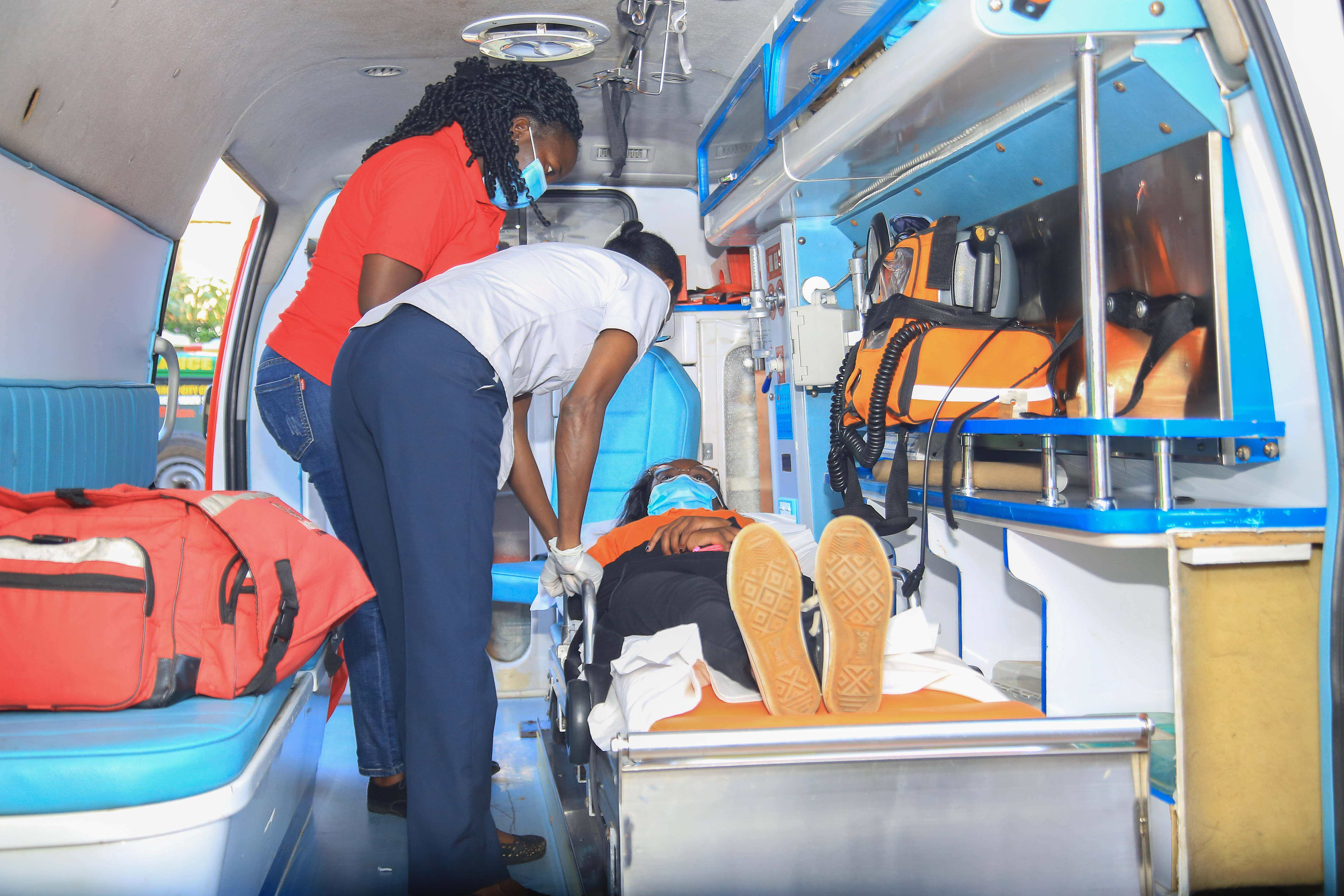
“It is a legal requirement to do fire drills. A fire drill, according to the law, including the Occupational Safety and Health Act, 2007 and Fire Risk Reduction Rules, 2007, state that a fire drill should be conducted at least once every 12 months. Training and fire safety awareness exercises are crucial to the success of these drills. I would like to thank the Qwetu management for initiating the fire drills in accordance with the law and ensuring that all relevant stakeholders are informed and aware,” Wanjiru said.

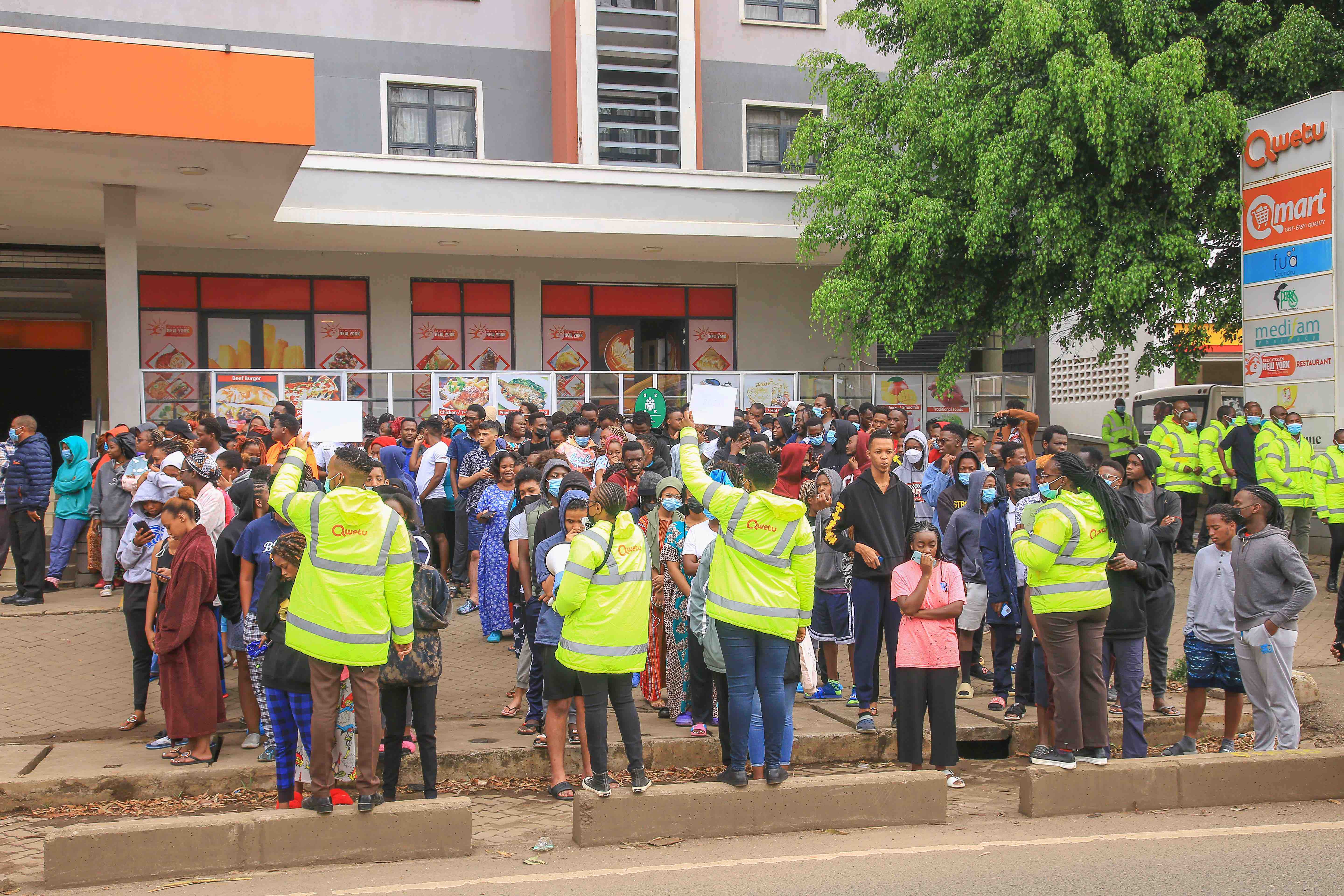

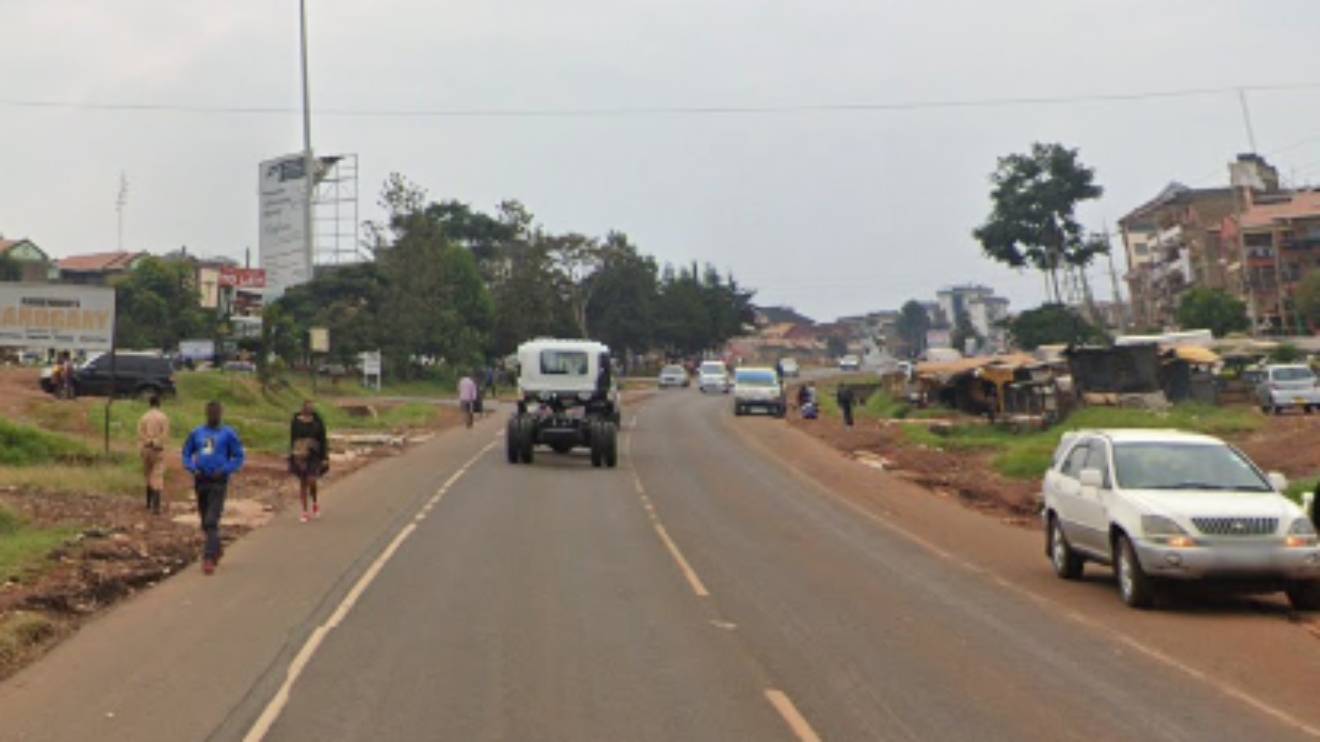
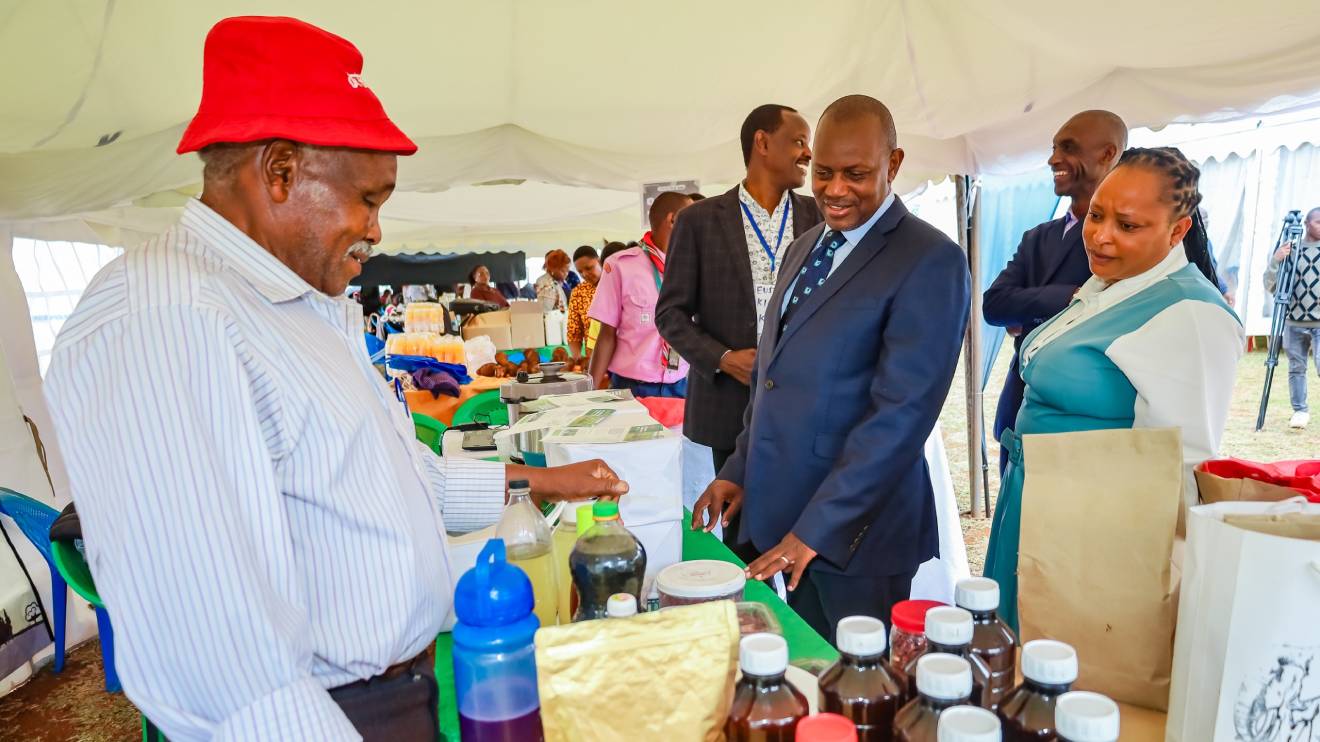





-1751118267.jpg)
